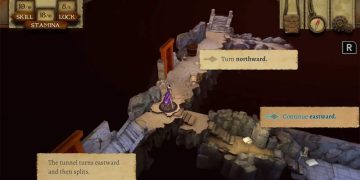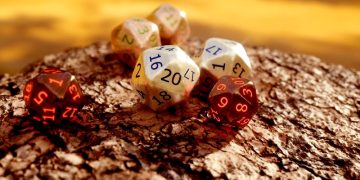So you really want to play Dungeons and Dragons, but your friend group hasn't expressed much interest in the game?
Should you abandon your friends and try to find a new group of people who share the same hobby as you? While that's an option, it's definitely not the one we'd recommend.
What you should do is find a way to get your friends interested in D&D. It may take a little bit of work, and you might have to manipulate them a little bit to get them to jump in...
...but if your friends are even remotely into geeky pastimes, once they try D&D, they'll wish they'd given it a shot years ago!
1. Talk About D&D Occasionally

Some people need to be warmed up to an idea before they're willing to try it. Others are innately contrarian and need to be worn down before they're willing to give in to something new.
If this is how your friends typically work as far as trying new hobbies, then you should bring up cool topics about Dungeon and Dragons when it makes sense to do so.
Tell them cool stories about times you played or about a cool game you saw on YouTube. Whatever gets their attention!
2. Share D&D Videos on YouTube
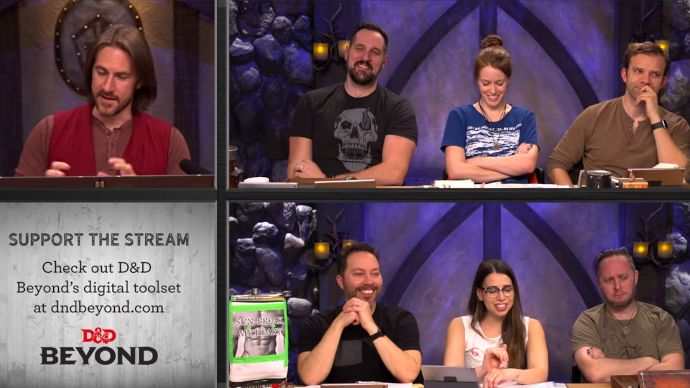
If you have a friend who has no idea what D&D is actually all about, have them watch games on YouTube to get a feel for what to expect. Here are just a few channels to check out:
3. Volunteer to Be the Dungeon Master
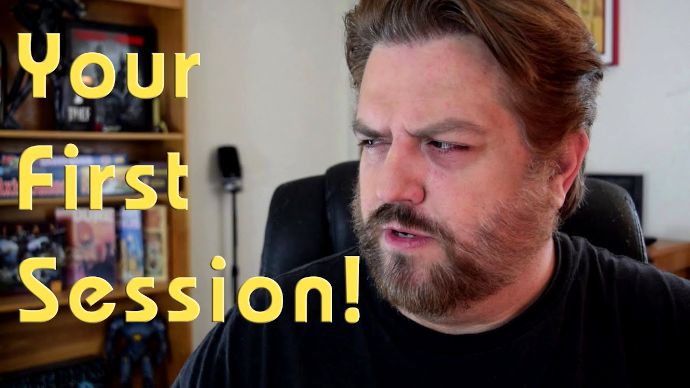
One of the biggest hurdles when it comes to new D&D groups is deciding who will be the dungeon master (DM).
Since you're the person who's trying to get D&D started among your friends, you should just accept the fact that YOU will need to be the DM. Asking a newbie to DM will only spell disaster.
Even if your end goal is to cultivate another player into being the main DM, you'll have to be the initial DM that keeps the game on track and introduces the rules to everyone.
4. Compare D&D to Things They Like
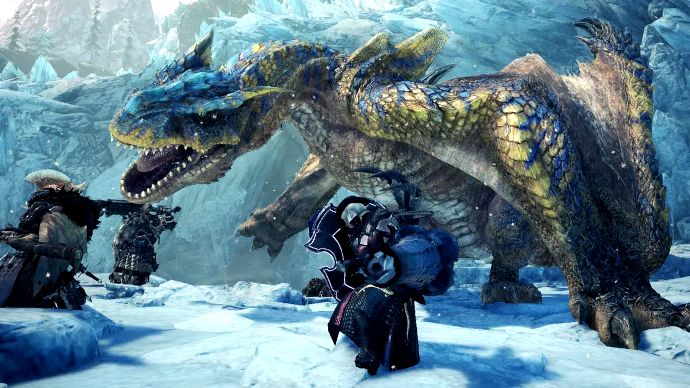
Don't talk about Dungeons & Dragons as a pen-and-paper tabletop RPG. Most people have no idea what that means and it will only intimated them.
Instead, describe D&D in terms that they'll understand. Find similarities between D&D and their own personal interests.
Do you have a friend who's a wrestling fan? Talk about how they can create larger-than-life characters who talk their way into and out of situations like a wrestler would.
Know someone who loves video games? Compare the deep RPG mechanics of D&D to games like Skyrim or the narrative possibilities of D&D to games like Fallout.
Because a game of D&D can be so many things, you should be able to find a way to relate it to something they already enjoy.
5. Bait Them With Free Food & Drinks

Everyone likes free food and drinks! If you're the one trying to get a Dungeons and Dragons game up and running, offer to supply them with pizza and snacks if they come over and play.
This way, they won't think of it as D&D night—it'll just be a time to hang out with their friends while eating free food.
Once they realize they enjoy the game, you can stop supplying food every time. That's just to get them in the door!
6. Provide Premade Characters
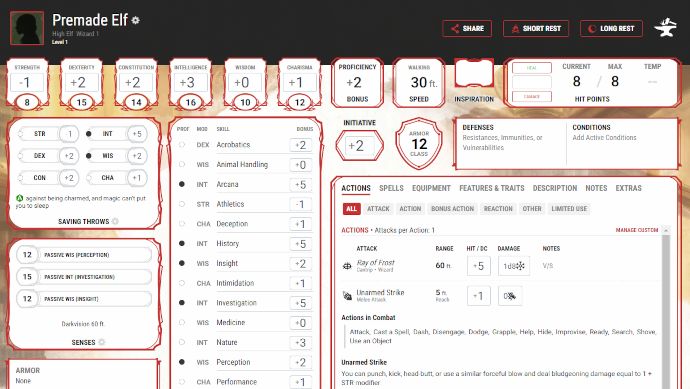
If you have them somewhat interested in playing, don't start off with an epic campaign that will take them multiple sessions to get through. And don't ask them to make their own characters.
Start with a short one-session campaign (also called a "one-shot adventure") and provide several premade characters that they can choose from. This eliminates many hurdles for starters.
If they enjoy this first game, keep going with more one-shots and more premade characters. Eventually they'll be familiar enough with D&D to create their own characters!
7. Take It Slow and Don't Be Pushy
If your friends are easily annoyed, harping on and on about D&D will only make them less likely to play.
Put the idea of playing D&D out there. Bring it up every once in a while. But let the seeds land and give it time to grow. Shut up about it and be patient while the idea germinates.
It might take a few months, maybe a year or two, but eventually they should grow more open to the idea! Whatever you do, just don't be overly demanding.




